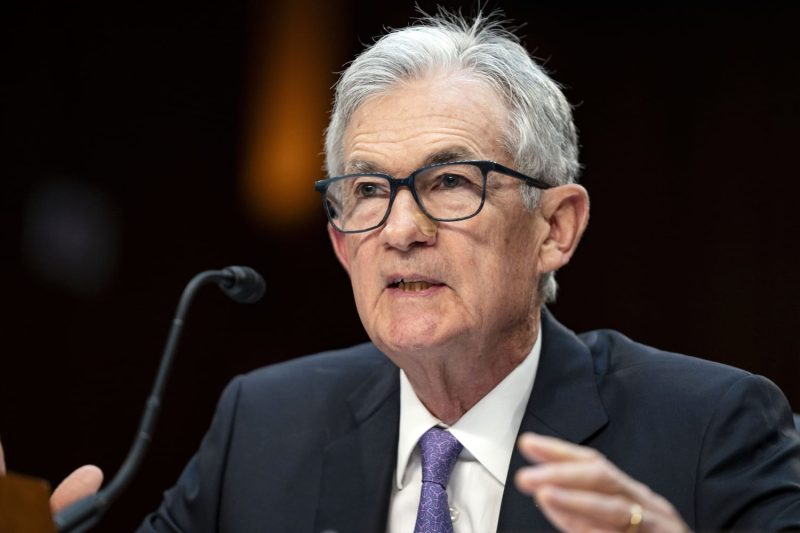In a recent statement, Federal Reserve Chair Jerome Powell expressed concerns about the potential negative impact of holding interest rates at high levels for an extended period. Powell highlighted that maintaining high rates for too long could pose a threat to economic growth and stability.
The US Federal Reserve plays a crucial role in managing the country’s monetary policy by setting interest rates to achieve maximum employment and stable prices. While moderate interest rates can support economic growth by stimulating borrowing and spending, excessively high rates can hinder economic activity by making borrowing more expensive for businesses and consumers alike.
Powell’s comments come at a time when the global economy is facing significant challenges, such as trade tensions, geopolitical uncertainties, and slowing growth in certain regions. Against this backdrop, central banks around the world are closely monitoring economic indicators and adjusting their monetary policies to support growth and mitigate risks.
By signaling a cautious approach to rate hikes, Powell aims to strike a balance between supporting the US economy’s expansion and guarding against potential risks such as inflation and asset bubbles. The Fed’s gradual approach to raising rates reflects a data-dependent stance, where policymakers assess economic data and adjust their decisions accordingly.
Moreover, Powell’s emphasis on the negative consequences of prolonged high rates underscores the Fed’s commitment to supporting sustainable economic growth. By maintaining flexibility and adjusting policies in response to changing economic conditions, the central bank seeks to navigate potential challenges and uphold its dual mandate of promoting maximum employment and price stability.
In conclusion, Powell’s remarks underscore the importance of a balanced and data-driven approach to monetary policy. As the economic landscape continues to evolve, central banks must remain vigilant and responsive to emerging risks and opportunities. By communicating a clear and coherent strategy, policymakers can instill confidence in financial markets and support a stable and resilient global economy.



























